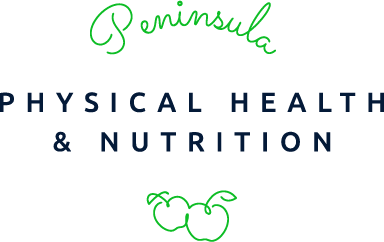Understanding ulcerative colitis
Ulcerative colitis (US) is a chronic inflammation of the large intestine (colon). The colon is the part of the digestive system where water is removed from undigested material and the remaining waste material is stored. The rectum is the end of the colon adjacent to the anus. In patients with ulcerative colitis, ulcers and inflammation of the inner lining of the colon can lead to symptoms of abdominal pain, diarrhoea, and rectal bleeding and mucous.
During an acute flare up, the capacity to absorb water is usually reduced, which can further worsen the symptoms of diarrhoea. Due to the fact that ulcerative colitis only affects the colon, it is less common to see nutritional deficiencies.
In ulcerative colitis, the inflammation may extend to varying degrees. When the entire colon is involved, the terms pancolitis or universal colitis are used. There can also be some involvement of the terminal ileum.
The treatment of ulcerative colitis involves medications and/or surgery. Surgery may be used for treating severe conditions, individuals that don’t respond well to treatment, or to prevent the development of cancer. Almost always, the entire colon is removed during surgery since ulcerative colitis frequently involves the entire colon or can spread to unaffected parts of the colon after the diseased part is removed.
It is important to remember that there is no evidence to suggest that dietary factors are the cause of Irritable Bowel Disease (Ulcerative Colitis or Chron’s Disease). In addition, it is not possible to make your condition ‘go away’ permanently by adding or eliminating certain foods from your diet or by eating only particular types of food. In some cases, a particular food may aggravate symptoms and eliminating this food can make a positive difference.
However, for most people however the key to managing their condition is to eat a well-balanced diet that includes items from all major food groups. Good nutrition improves overall health status, supports the healing process and can enhance the response to medications.
A PPN Accredited Pracitising Dietitian can help you develop an eating plan that will reduce your GI symptoms, help identify trigger foods, prevent nutritional deficiencies and manage flare ups.





